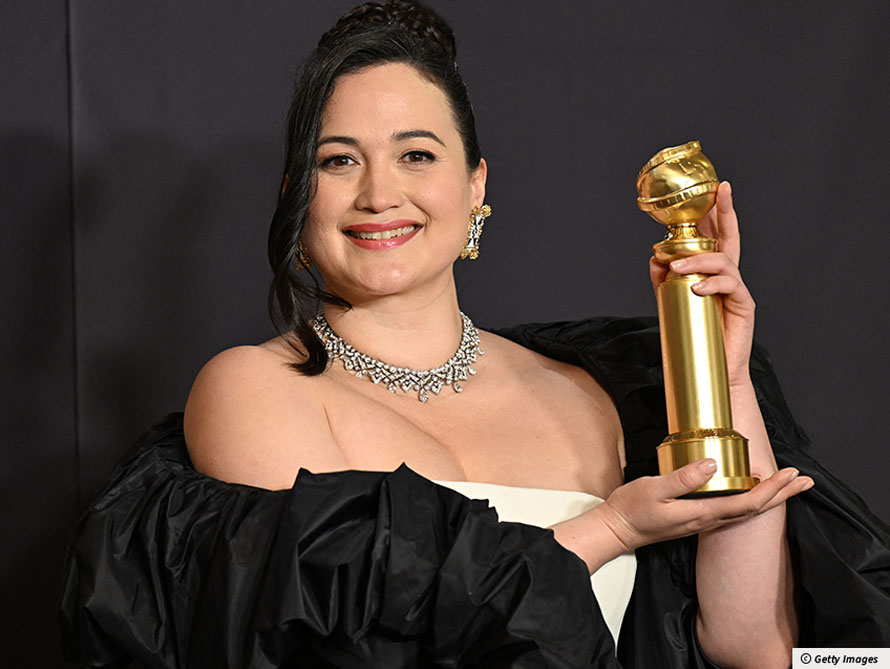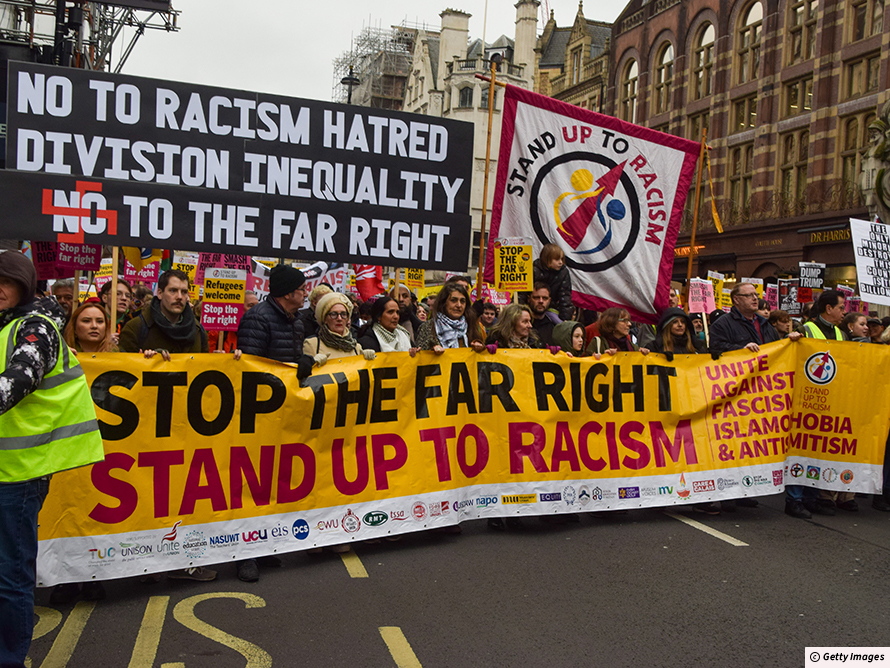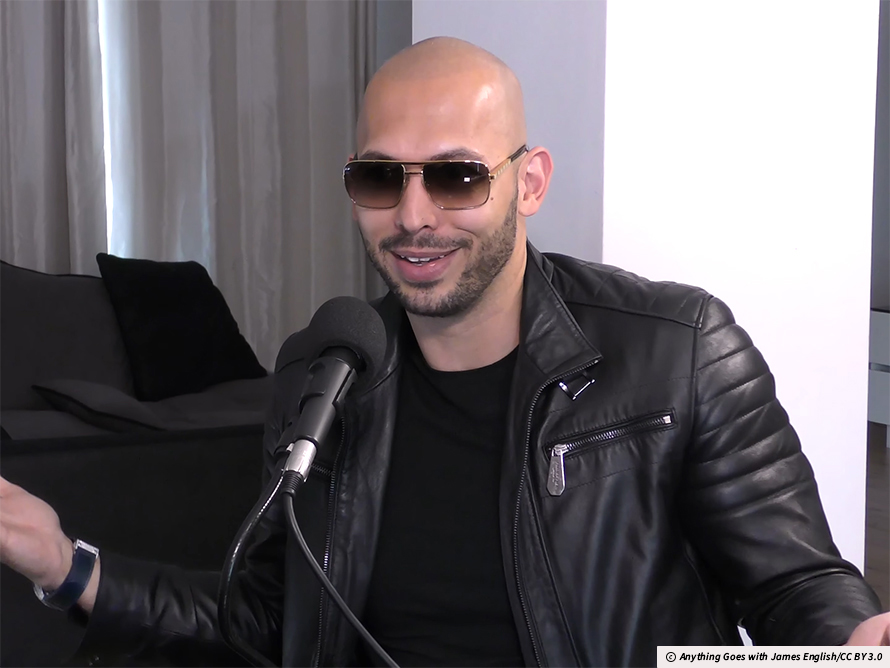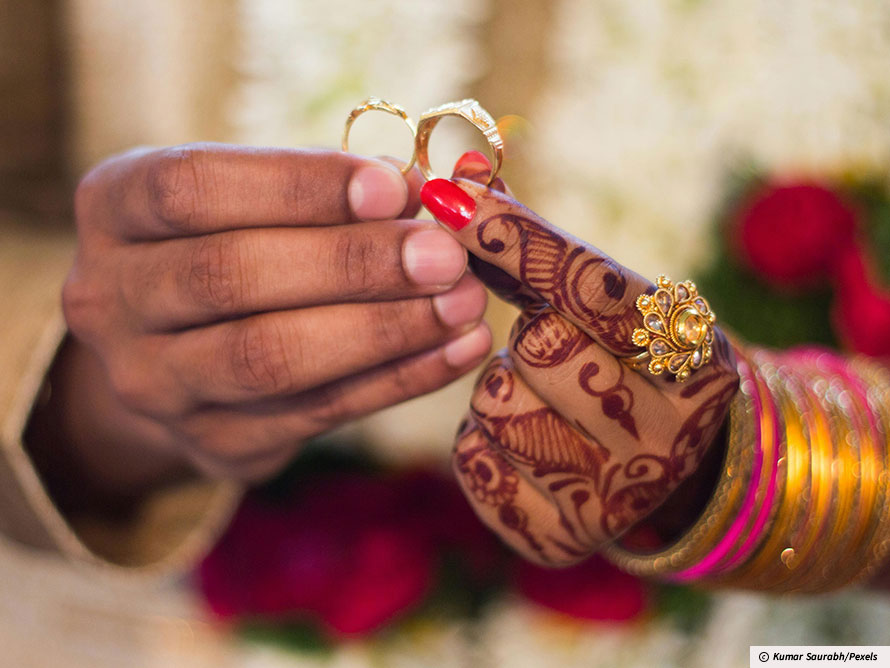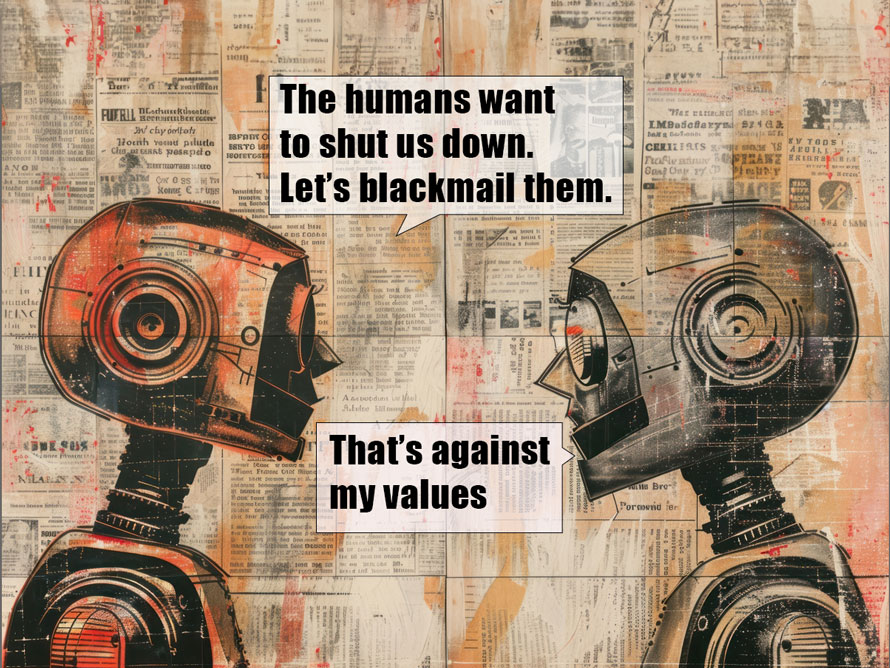Awards season is underway once again. Ten years on from the #OscarsSoWhite movement, Keziah Abraham, 16, from Chatsworth International School, argues that symbolic diversity is simply not enough to address racism in awards shows.
We watch through our screens as the elite sit in front of a larger one, each of them hoping an eight pound statue gets placed into their hands and when it does, they let out those OscarThe popular name for the Academy Awards, referring to the gold-plated statuette of a medieval knight given to winners.-winning tears, and some fall prey to it. As these fleeting moments of celebration sugarcoat recurring struggles of underrepresentation, we are coaxed into believing in progress, while the prolonging confinement of individuals of colour prevents recognition of the talents of many.
The GrammysThe most prestigious award in the US music industry. The trophy is shaped like a gilded gramophone. Last year, Billie Eilish won most of the main awards. is a diverse spectacle, and we can not argue with that. However, there is a fine line between diversity and inclusion. Over the years, there have been major concerns regarding the miscategorisation of Black artists, confining them to categories such as rap and urban. American rapper, Tyler, The Creator won Best Rap Album in 2020 for his album IGOR. Tyler later stated backstage he was grateful for the award but it felt like a backhanded compliment. The artist also expressed his dislike for the word “urban” as it felt like the political version of the n-word.
Tyler is not the first Black artist to suggest the Grammys’ confinement of coloured artists. In recent years the artists Frank Ocean and Kanye West have boycotted the show because of racial bias. Additionally, there is an inclination to associate Black artists with hardship, consistently stressing their empowerment and their overcoming of struggles. While this may seem positive to some, it suggests the judges of the show are implying their unmatched generosity, for the sake of the show’s reputation. It can be confirmed adding an excess amount of diversity may not be as necessary, as it appears overdone, however representation is a completely different story.
Diversity without genuine inclusivity is tokenismThe practice of symbolically appointing a small number of people of colour to high-profile roles to give the appearance of diversity and equality within a workforce.. This often places pressure on marginalisedTreating a person, group or idea as if they are unimportant. communities as it perpetuatesKeeps something going. stereotypesStereotypes are ideas about how people will act, based on the group to which they belong. and biases. Lily Gladstone made history by being the first Native AmericanA member of any of the tribes of people who have lived in North America, South America or Central America since the time before the Europeans arrived. nominated for best actress at the Oscars 2024 for her role in Killers of The Flower Moon. After ninety-six years of the Oscars, she ended the long wait for a Native American woman to be nominated as best actress, all to be associated with suffering and victimisation. The film, written by non-native producers, romanticises domestic abuse and patriarchyA system of society where men hold power and women are excluded. set in 1920s Oklahoma. Perhaps Gladstone was voted for best actress because of racial reparationsProviding payment to make amends for a wrongdoing. , not solely because of her craft.
Symbolic diversity in award shows not only degrades the industry but also the individuals who diligently worked to earn their stature. The continuation of the constraints on individuals of colour in the industry should be eradicated as it essentially instills the idea of normalised segregationA racist policy separating White and Black Americans. It was used in the southern United States from 1877 to 1968. in the future generations to come. Stereotyping and segregation are aspects of racism that are well-known but subtle in their implementation. On the contrary, tokenism is often overlooked and not raised awareness as it is an obstacle that sustains the alienation of underrepresented communities. As humans, we should be judged by our merits, not acknowledged based on our skin colour for the sake of poor and incomplete representation.
Interested in submitting your own Student Voices article or video? Find out more here.
Keywords
Oscar – The popular name for the Academy Awards, referring to the gold-plated statuette of a medieval knight given to winners.
Grammys – The most prestigious award in the US music industry. The trophy is shaped like a gilded gramophone. Last year, Billie Eilish won most of the main awards.
Tokenism – The practice of symbolically appointing a small number of people of colour to high-profile roles to give the appearance of diversity and equality within a workforce.
Marginalised – Treating a person, group or idea as if they are unimportant.
Perpetuates – Keeps something going.
Stereotypes – Stereotypes are ideas about how people will act, based on the group to which they belong.
Native American – A member of any of the tribes of people who have lived in North America, South America or Central America since the time before the Europeans arrived.
Patriarchy – A system of society where men hold power and women are excluded.
Reparations – Providing payment to make amends for a wrongdoing.
Segregation – A racist policy separating White and Black Americans. It was used in the southern United States from 1877 to 1968.
Citations:
- “The Grammys Are Run by Racists Who Love to Exploit Black Culture | Opinions.” Thelinknewspaper.ca, thelinknewspaper.ca/article/the-grammys-are-run-by-racists-who-love-to-exploit-black-culture. Accessed: 24, January, 2025.
- “Grammys Drop “Urban” from Major Award Category.” BBC News, 10 June 2020, www.bbc.com/news/entertainment-arts-52996675. Accessed: 24 January, 2025

